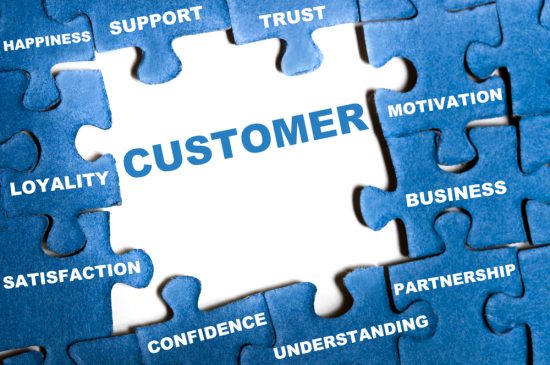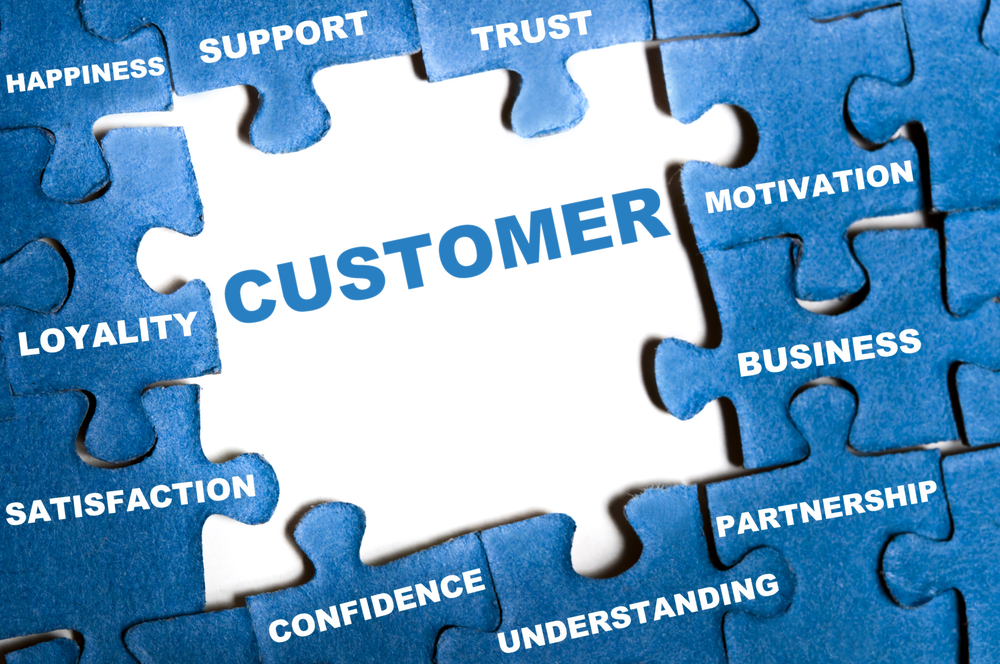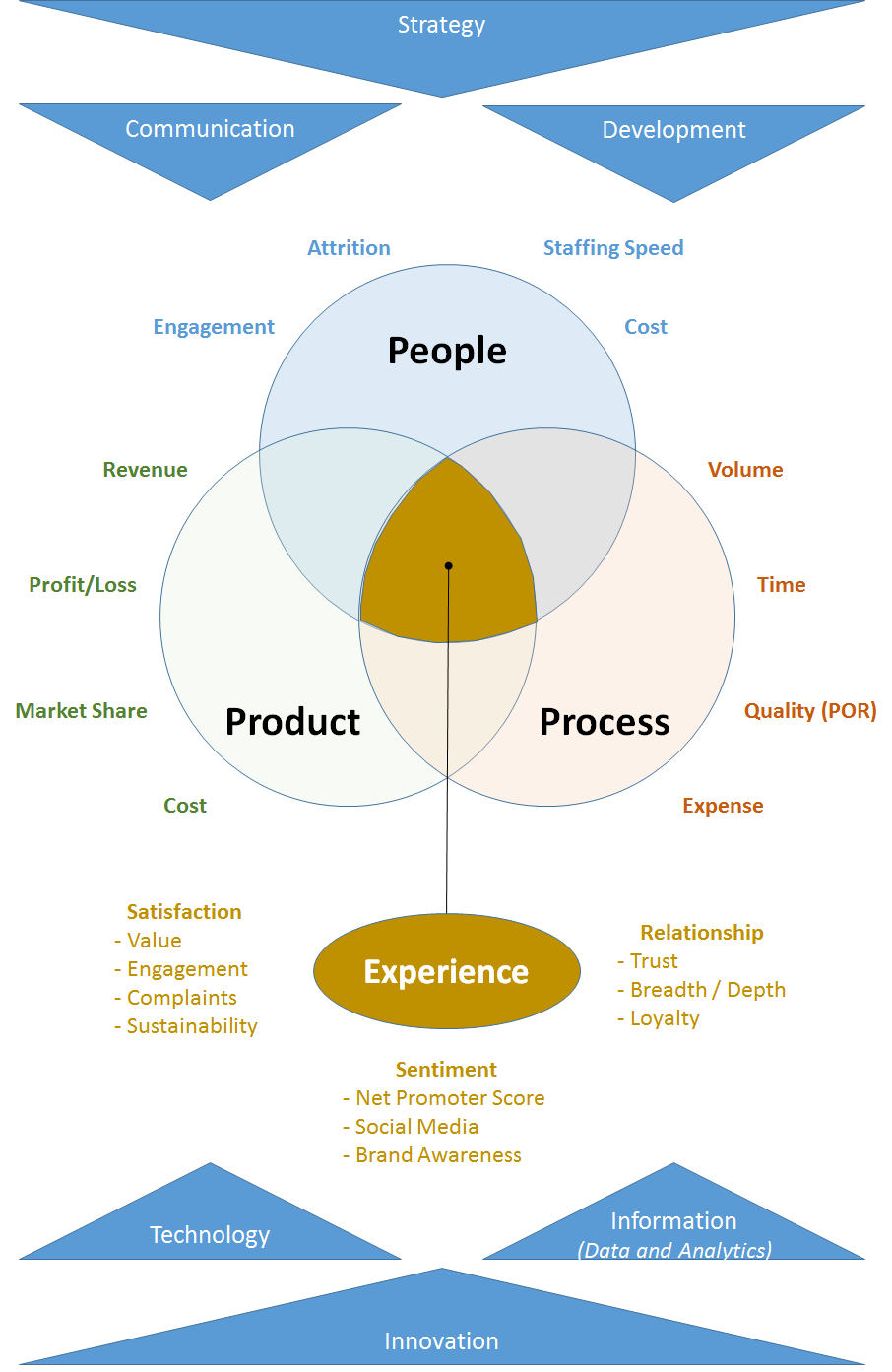Have you discovered the importance of strong knowledge management as companies laid off employees and the remaining employees all started working from home?
You might be thinking, what the heck is knowledge management?
Knowledge management is a process of defining, structuring, retaining, and sharing the information, knowledge, and experience of employees within your organization.
Normally, it’s important because it boosts efficiency, effectiveness, and decision-making ability in a company.
Now, more so than ever, companies are finding that knowledge management has become almost paramount.
Why?
Mainly because of two things:
1. Employees have, for the most part, been forced to work remotely — working at home.
2. Several companies have been forced to layoff employees fairly quickly to protect their cash flow.
But really why?
Mainly because most company file systems are completely disorganized, employees have files saved haphazardly in systems as well as their own personal locations, some still have paper files and paper-based processes today.
Thus, it’s extremely hard right now to find information that you are looking for.
How is your knowledge management? Has it become a major issue in your company?
#success #incubator #business #coaching #consultants


